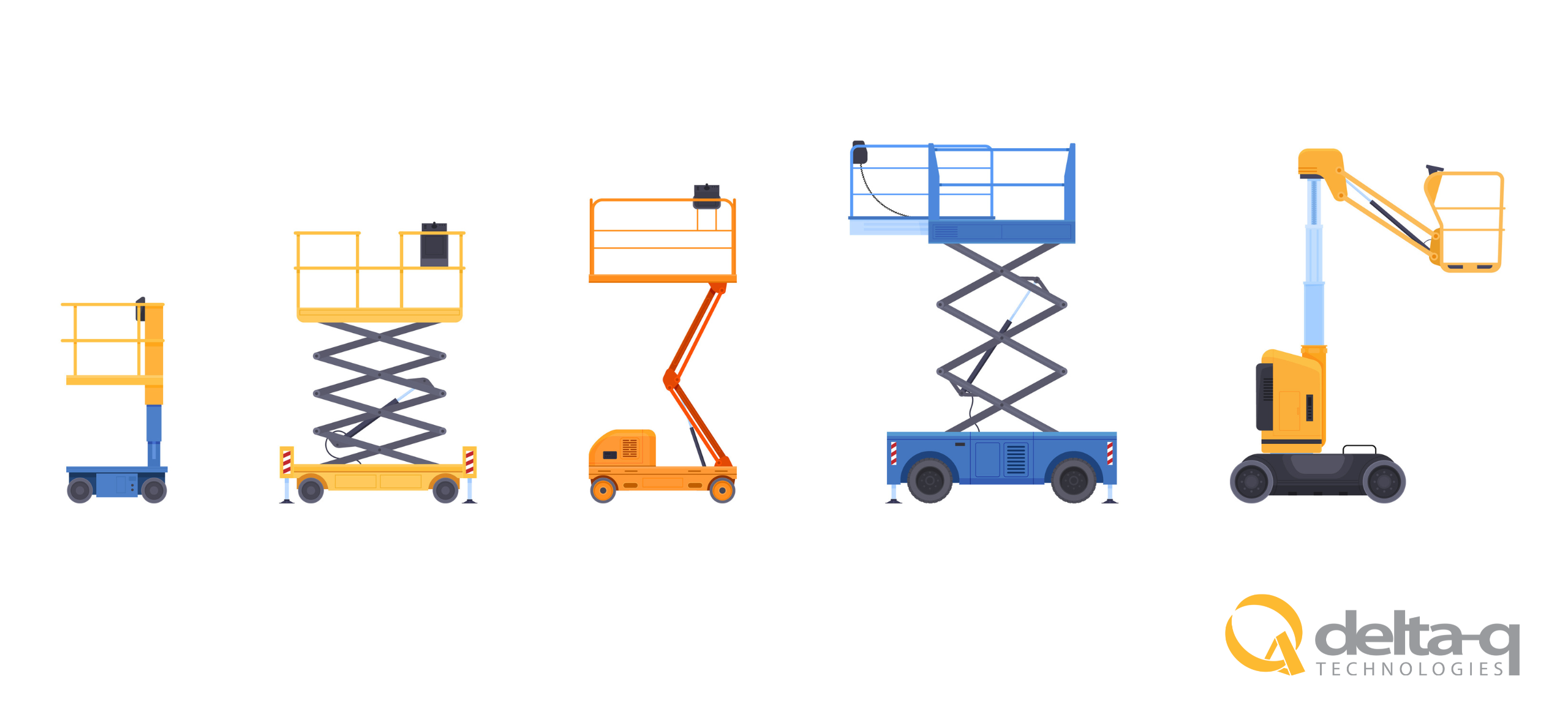
Original Equipment Manufacturers (OEMs) in e-mobility are regularly planning for the future. They stay on top of technology to advance their industry, and pioneer new products that enable their customers to accomplish more.
As a charger manufacturer, Delta-Q has often seen charging technology considered late in the electric machine design process. Selecting a charger later in the process can cause inefficiencies in the system. For instance, the charger size could be incompatible with the space in the machine, or the charger could lack features necessary to effectively communicate with the equipment’s system. Poor charger selection can also cause system issues such as premature battery or charger failure.
Battery chargers are a powerful component, and one aspect that goes unnoticed is the charger software. In this blog, we explain what charger software is and the benefits it provides OEMs.
Functions of Charger Software
Charger software is the “brains” behind the battery charger. Depending on the charger manufacturer, software features can vary. Most standard charger software will program the battery charger to:
- send or update charge profiles, a set of instructions the charger follows to optimally charge the battery,
- track charge data, and
- alert users of any errors or fault codes
Some charger companies, like Delta-Q, can customize the charger software to do more based on the OEM’s needs. Delta-Q’s charger software, for instance, can:
- run a standard charge profile like other chargers on the market,
- run a very advanced and custom-tailored charge profile for the battery which can optimally charge each battery type (lead-acid or lithium-ion), and
- accept commands from a battery management or system controller and report details, charge information, and statistics.
Benefits of Charger Software
Based on an OEMs needs, charger manufacturers can help fit the charger into the communications and software systems of the battery-powered equipment. Many OEMs use Controller Area Network (CAN) as their internal communications network. This communication method is message-based and facilitates interconnecting the vehicle’s battery management system (BMS), motor, controller, vehicle body controls, and other relevant subsystems. Chargers supporting CAN protocols can be programmed to communicate with these components .
Delta-Q, for instance, offers the two leading CAN bus communication protocols used by OEMs: CANOpen and SAE J1939. These protocols enable the charger to easily integrate with the entire vehicle system and gives OEMs added control over the charger. For instance, they can remotely view or extract charge data, or conduct field fixes remotely. CAN also provides OEMs with the flexibility to update battery algorithm and charger software, which is beneficial for future planning or modifications. The ability to update the algorithm through CAN provides OEMs with full autonomous control of their applications and ensures the equipment’s battery is charged at the highest quality. For fleet operators, the charger can connect with the telematics system and provide real-time charge data. Operators can use this data to make informed decisions about when to swap out a machine, recharge the battery, replace a part or send in a technician.
Charger software also provides enhanced safety and security. For lithium-ion battery systems, charger software can prevent the batteries from surpassing their safe operating conditions and experiencing thermal runaway. The charger uses a mixed-control method, where the charger is pre-programmed with a lithium charge profile containing strict voltage and current safety limits. The BMS or Vehicle Control Unit (VCU) will then control the charger, but only within the safety limits set out by the charge profile. This method adds an extra layer of safety to the entire lithium charging system while giving the BMS (or VCU) authority to change the voltage and current based on operating conditions.
Delta-Q’s charger software also offers a feature called authentication to improve security. The software creates encrypted key exchanges using CAN communication protocols to authenticate the charger for its assigned machine and battery pack. Authentication allows the vehicle to send commands to allow the charger to continue charging, stop charging, or take other measures to prevent the charger from accessing its systems. This prevents unauthorized chargers from unsafely charging the lithium system and protects the servicing of the aftermarket.
To fully realize the benefits of charger software, we recommend working with the charger manufacturer during the initial stages of the product design phase. By doing so, the BMS, battery and charger suppliers can work together to ensure the OEM is equipped with the best and safest charging methods.
To learn more about CAN-based charger software, watch our on-demand webinar with CHARGED Electric Vehicles Magazine using the link below.

Delta-Q’s software team consists of smart and experienced professionals. Together, they have over 60 years of CAN programming and customization experience. As Delta-Q continues to evolve and innovate, the company focuses on research and development to stay on top of the latest industry trends. We also work with our OEM customers to deliver customized CAN–based charging solutions specific to their product requirements.



